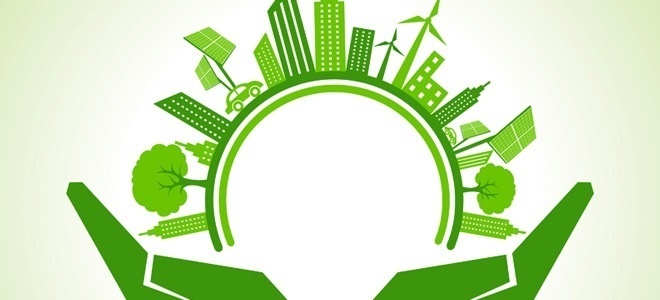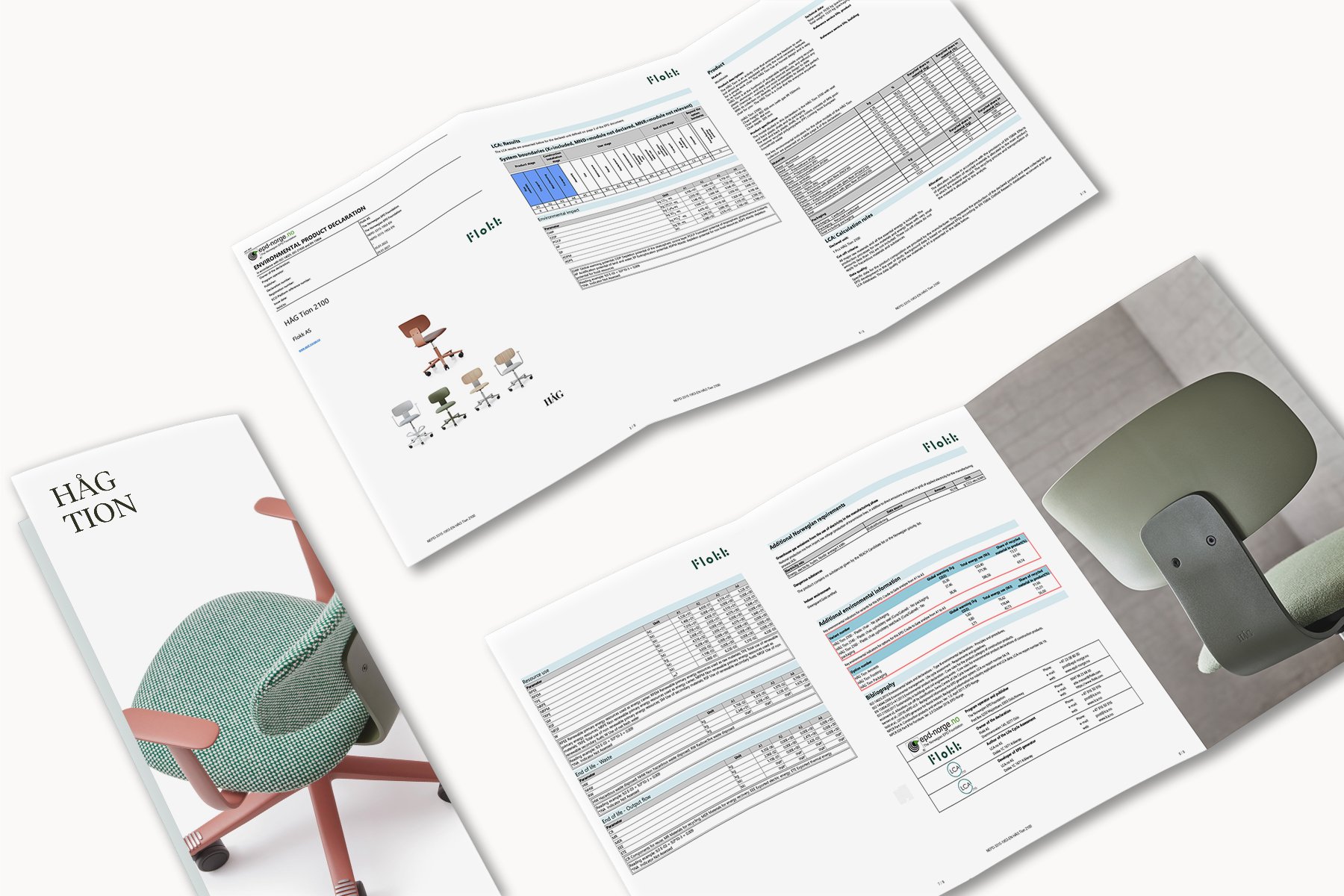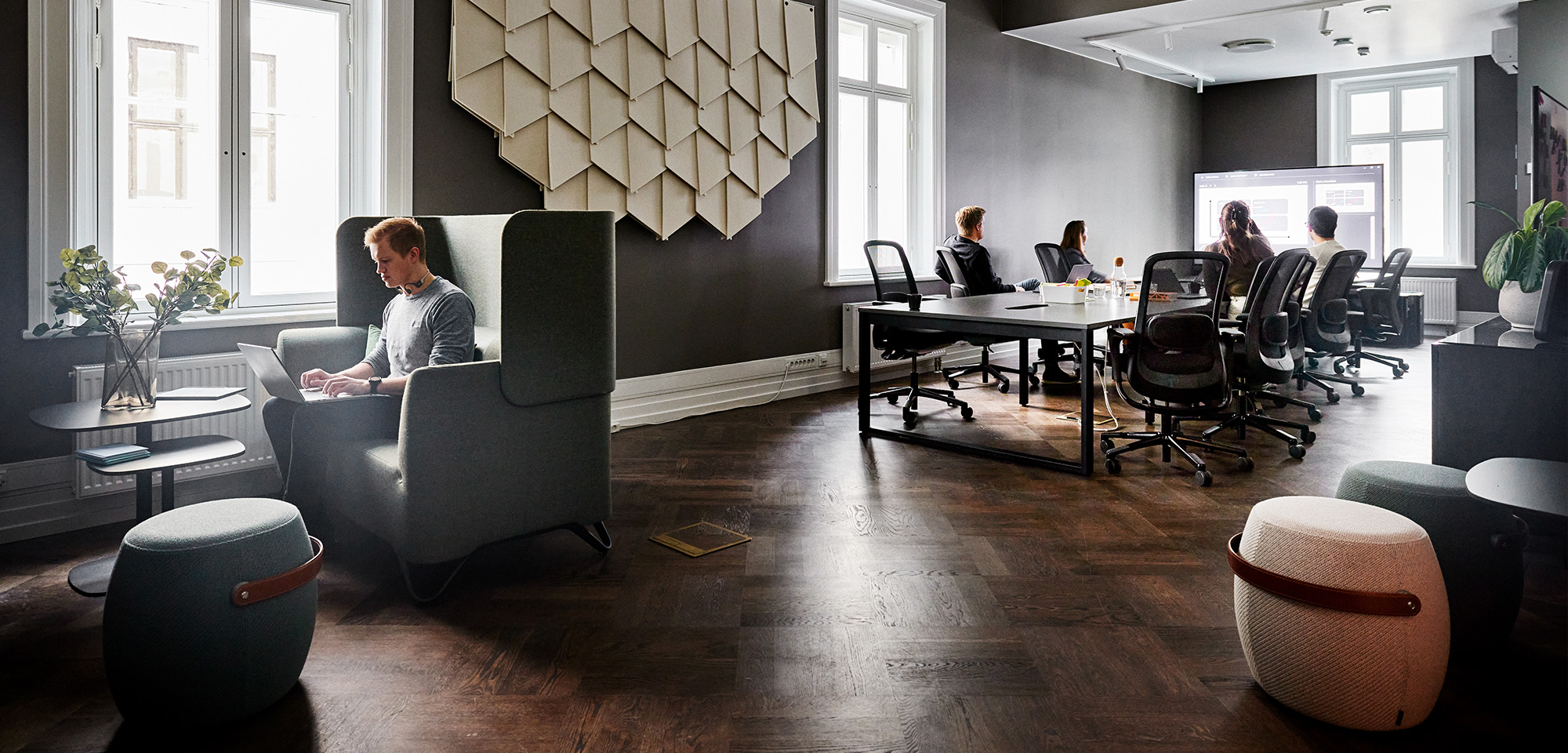What does it actually mean when it comes to the environment?
Every affected business must now provide an accurate assessment of its carbon footprint. Every aspect of their company - the products they manufacture, the services they provide, the travel of their employees, and the equipment and furniture they have in their workspaces – must be accounted for.
The initial goal is to gather data – to truly know the impact of major business. Once established, this data will create a culture of transparency, and initiate competition between businesses to drive down their carbon emissions. Businesses with low carbon emissions will not only be attractive to investors and stakeholders but to their customers too.
What can businesses do to reduce their carbon emissions?
Different strategies will work for different organisations depending on the type of work they do, but there are some central elements any business can follow:
Switch to a renewable energy provider – can be quick and easy, and can potentially have a big impact on your company's emissions
Reduce business travel – adopting more digital meetings and reduce the need for major travel, especially overseas
Cut back on waste – eliminate single use plastics, more digital records instead of physical documents, and for manufacturers, implement more efficient production methods
Use sustainable suppliers – whatever your business purchases, from materials for products or equipment for your office, make sustainable choices, from recycled or non-toxic materials, to long-life and recyclable products



